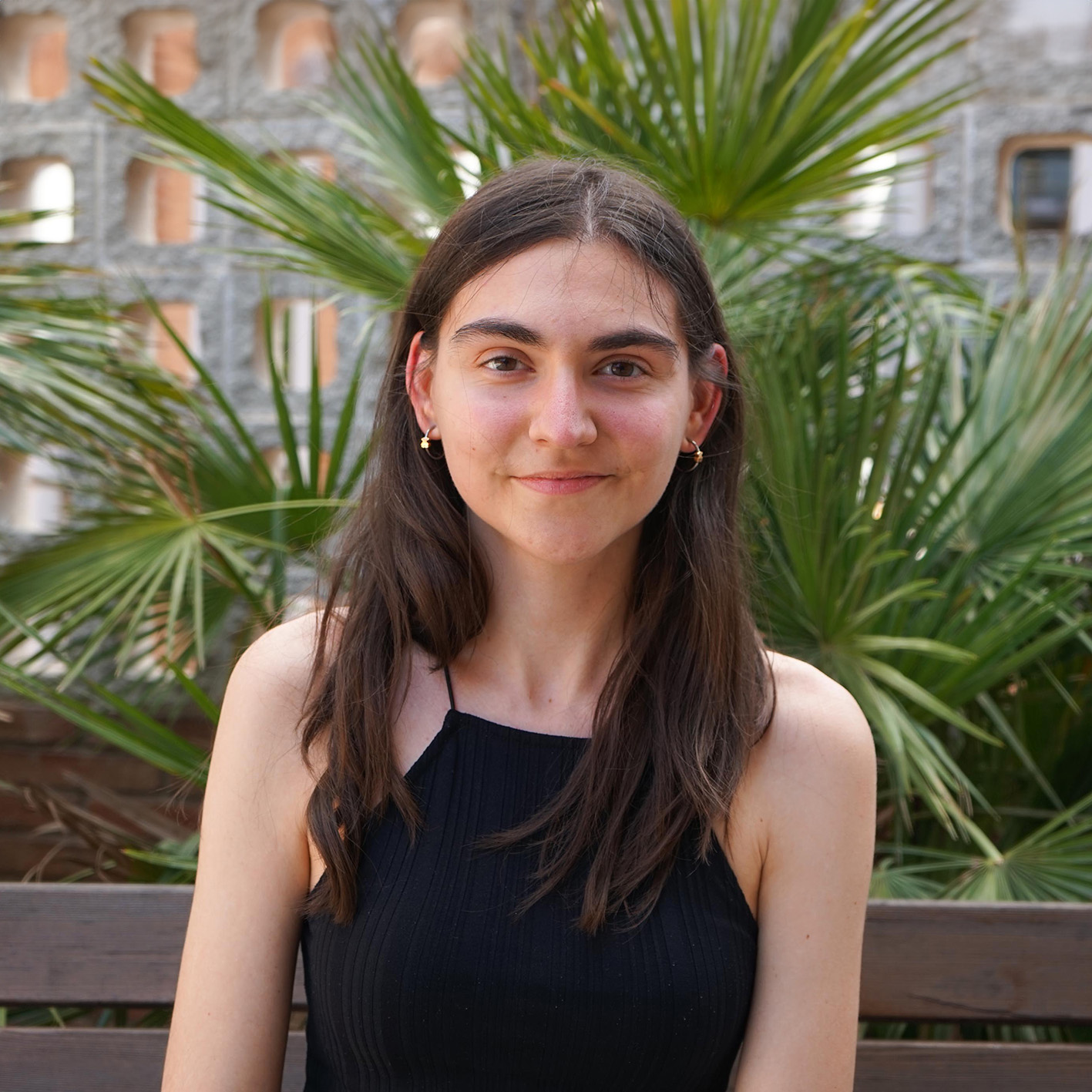What would you highlight about the program?
There are many things to highlight, but the one that I value most is the relationship of the studies with the real world, with the company, with practice. From the first day we enter the laboratory, we learn theory together with practice. Every day we have the same number of theoretical classes as we do hours in the different laboratories, all of them equipped with great technology.
Why did you choose IQS?
I learned about IQS thanks to various people who had studied here. I came to see the center at an open day and I loved its approach, its laboratories, its facilities, its humanity and its relationship between the university and the world of work. I have been able to do internships in different multinational companies performing different functions. I have even been able to spend 6 months at BAM, a leading materials center in Berlin, to be able to do my TFM. I have also had the opportunity to work for IQS. The wide range of jobs that the university offers and accompanies is enormous.
IQS offers various scholarships, I have been fortunate to be able to count on a scholarship for academic excellence throughout my Chemistry Degree, as well as the Roca Sanitarios scholarship to be able to complete the Master’s Degree in Materials Science and Engineering.
I would also like to highlight the great support of each and every one of the teachers we have had. They control attendance, resolve doubts, are very close, I have even approached them on more than one occasion to ask for personal opinions on work decisions that I had to make. The most difficult moment was during confinement: I was in the third year of my Chemistry Degree; They were very fast, they confined us on a Thursday, and the following Monday everything was organized to do the online classes as normal. This gave us great peace of mind to be able to advance in our studies.
How was your experience in Berlin?
Thanks to completing the Master in Materials Science and Engineering I had the opportunity to get to know BAM (Bundesanstalt für Materialforschung und -prüfung), Berlin. At first I was looking for an extracurricular internship, so I contacted Carreres Professionals from IQS and the opportunity to do a 6-month internship arose. After speaking with BAM and the IQS tutors, the possibility of doing a TFM ended up arising. I was able to combine the work of a TFM with a stay in a leading European center, which I was very excited about. The treatment I received from all my classmates and my BAM tutor was fantastic, they quickly incorporated me as one of the team. Being able to work with colleagues from different parts of the world was a great experience and enrichment, both professionally and personally.
At BAM I focused on the determination of the Surface Storage Energy (SFE) of three metals with FCC structure (Ag, Al and Cu) through the analysis of the pop-in phenomenon generated when performing nanoindentations and using specific computer programs. My experience working at this institution was an exciting challenge, both from a cultural point of view and to integrate into a division specialized in the simulation of materials models.
One of the key areas of my experience was learning and using the nanoindentation technique. At BAM, I was able to thoroughly explore this technique and understand its application in determining Surface Storage Energy (SFE). This experience allowed me to gain a deeper understanding of material properties and associated deformation phenomena.
Additionally, working at the BAM, I had the opportunity to learn about advanced programming techniques that are required to analyze the results of nanoindentations. This knowledge helped me develop skills in the use of specific computer programs for data analysis, allowing me to interpret the results and draw relevant conclusions for materials research.
What skills are you acquiring thanks to this master’s degree?
Apart from those obviously related to the subject, we have learned to work as a team while being very autonomous. They have also taught us to be rigorous, but at the same time flexible and able to adapt to unforeseen events that may happen. It is worth highlighting the number of reports that we have to write about all the practices we carry out. Communication in all its breadth is also a skill that is worked on a lot at our university.
At IQS we work with strong demands, this helps us develop our ability to manage the stress that this entails, just as we later find ourselves in the world of work.
What would you say to a student who wants to study at IQS?
The great preparation that IQS students receive is a seal that will always accompany us, but it is not free. The level of demand is very high, the first year is quite dramatic, and the crises of “will I be able to do it?” To the order of the day. Personally, the first year I suffered a lot, but I had the support of the teachers at all times, who encouraged me and offered me hours of consultation to be able to pass the subjects. From here everything was more fluid. Now seen in perspective, it was worth it!










